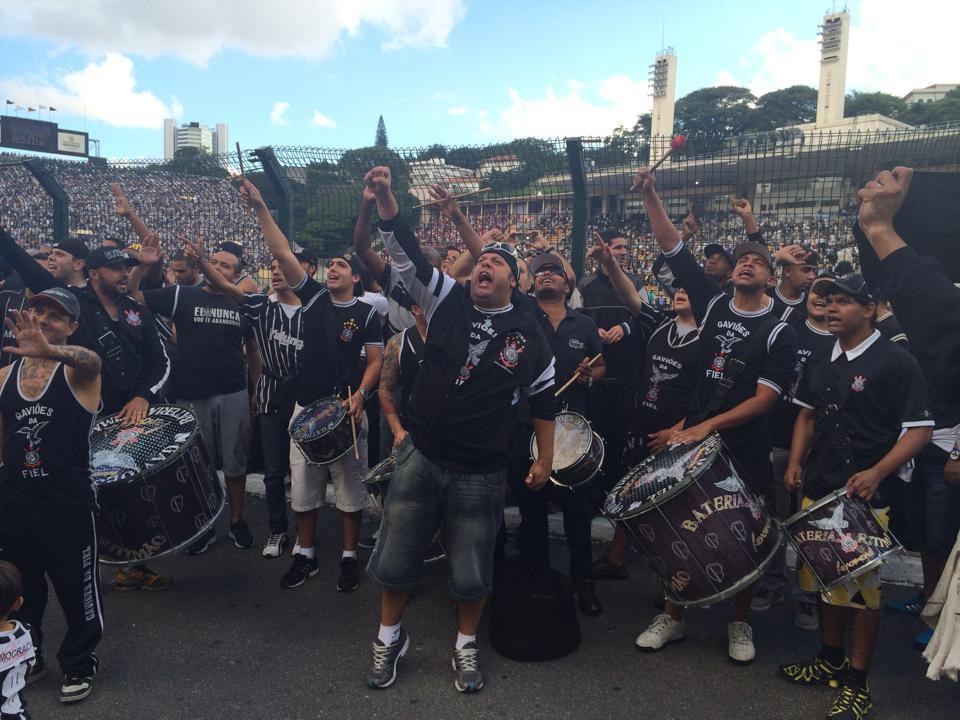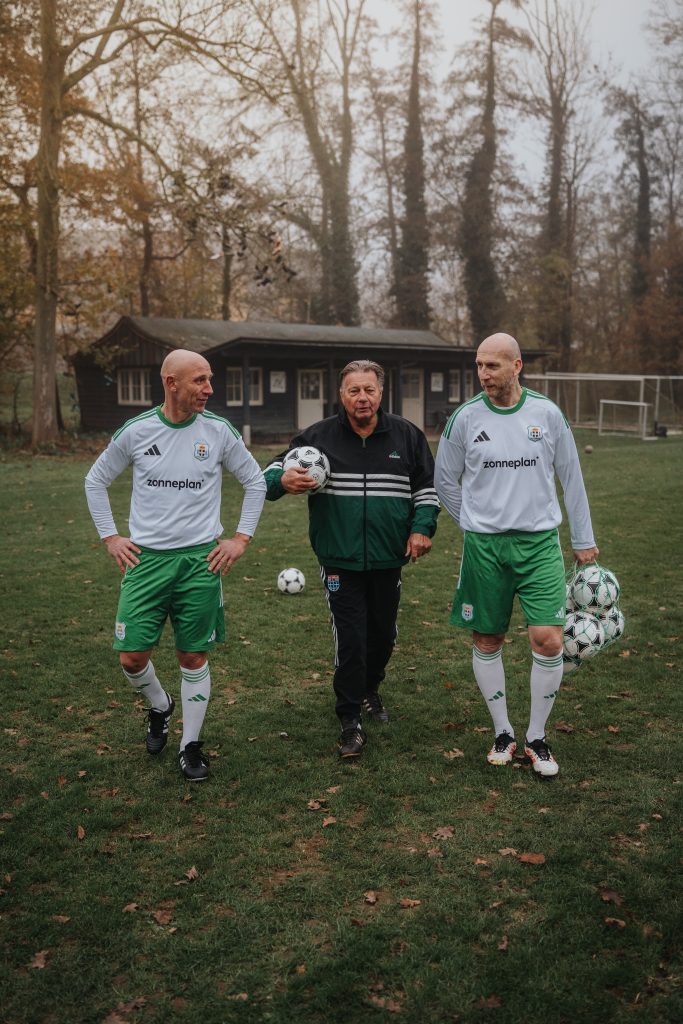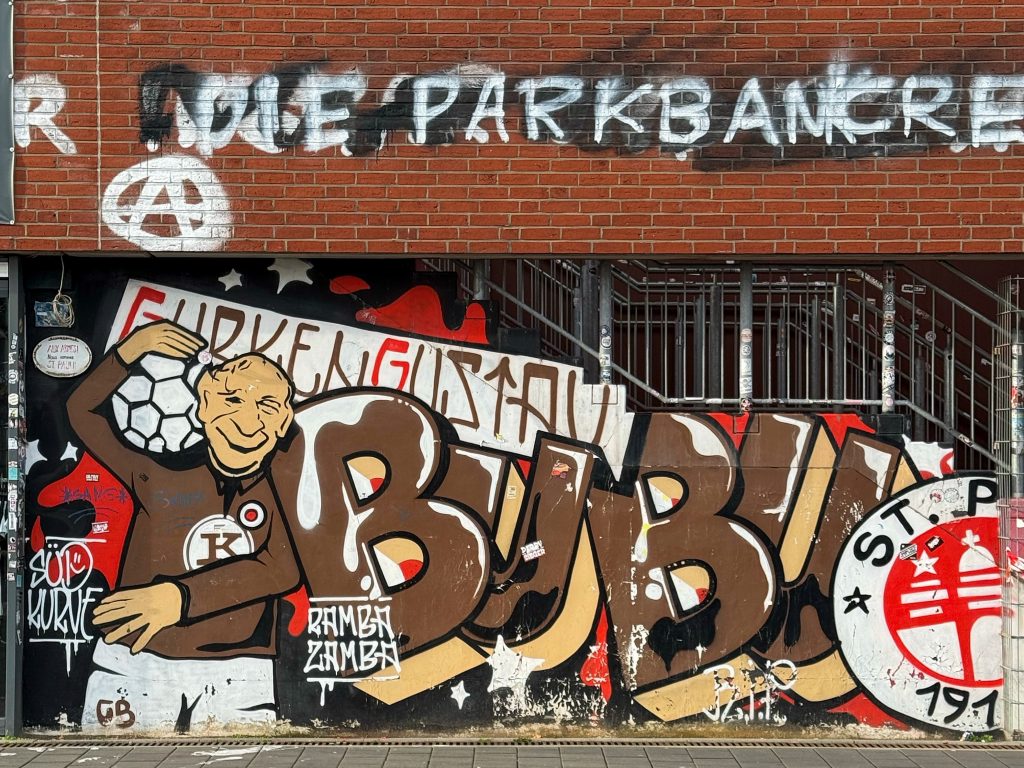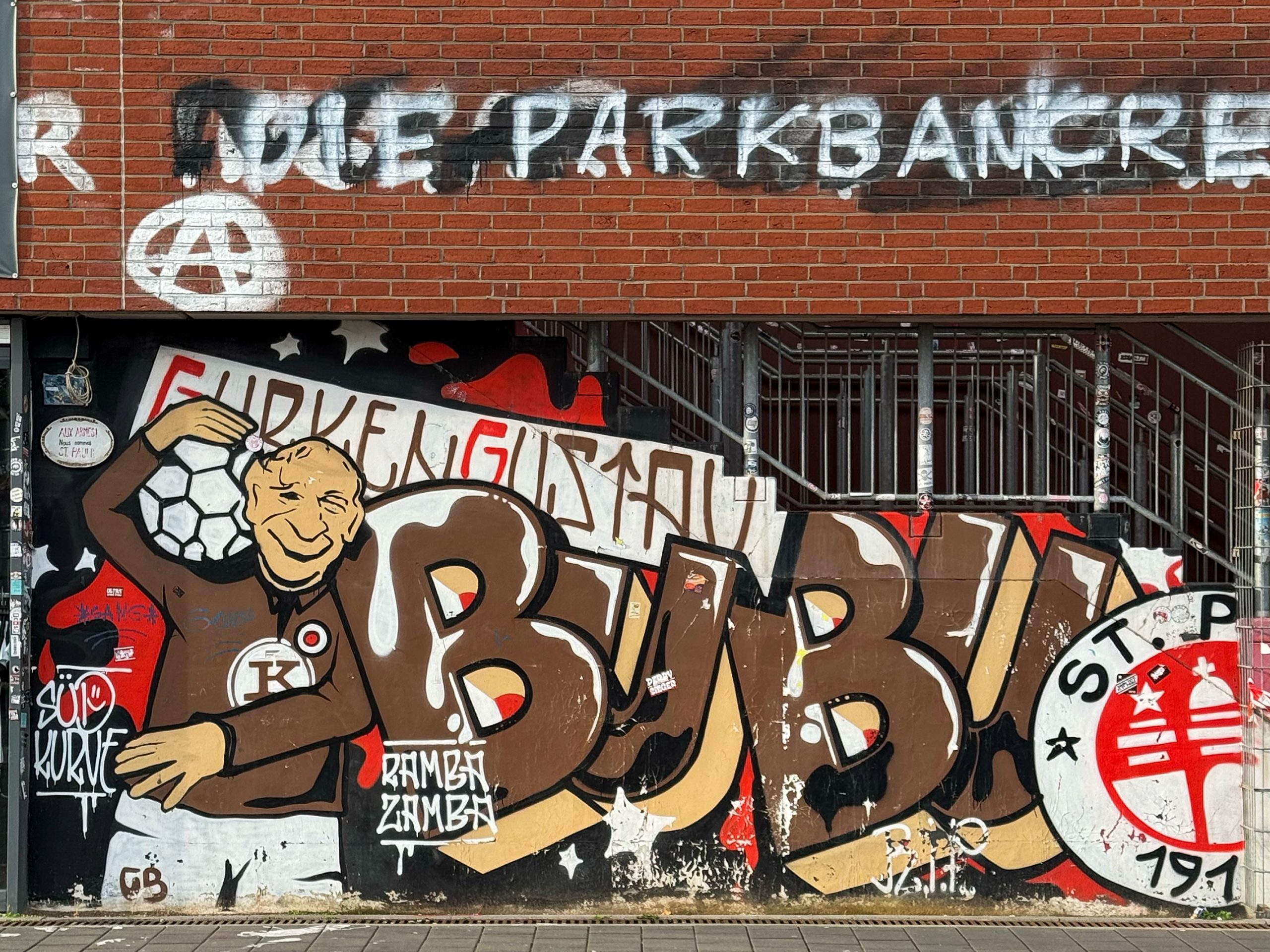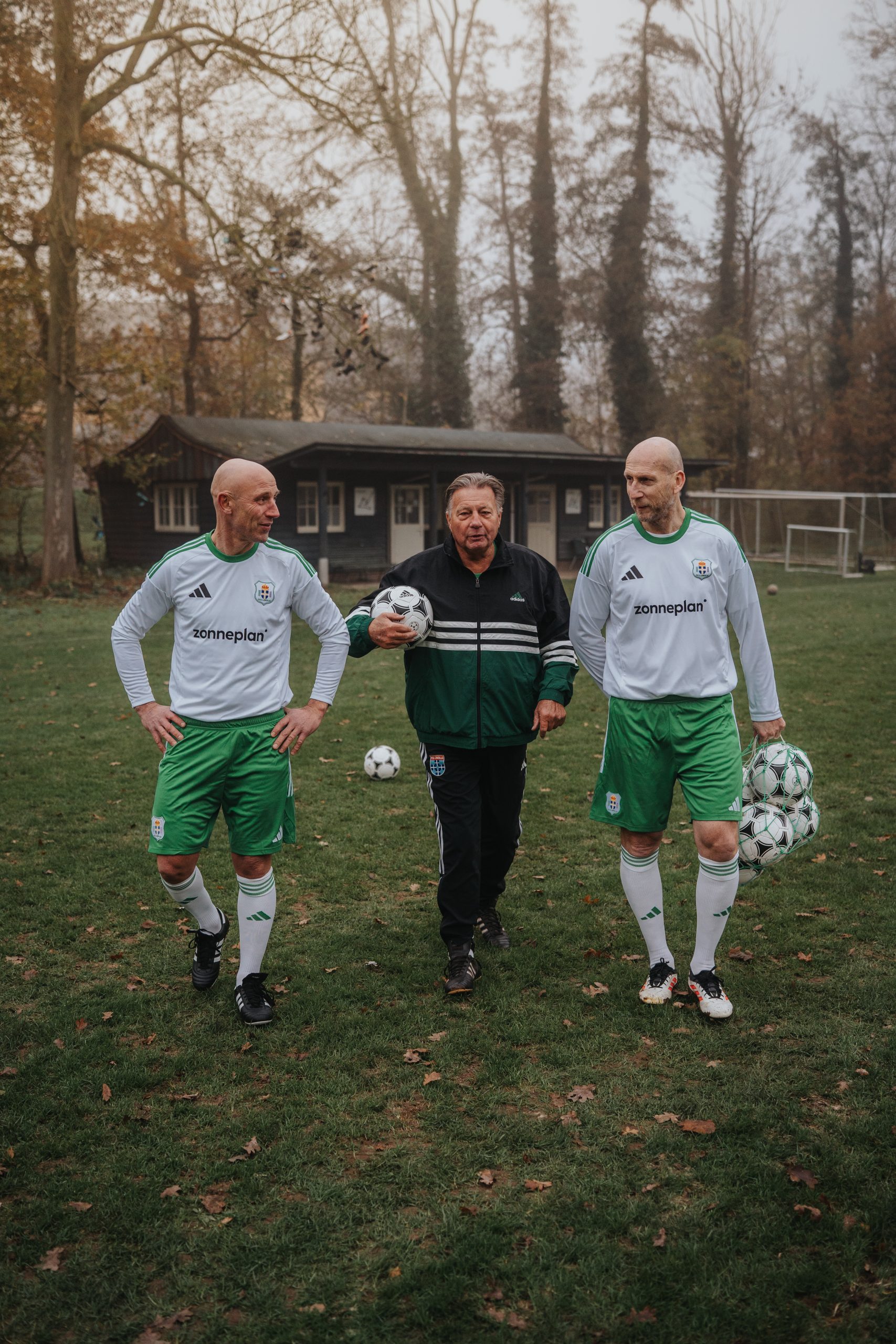There’s something about football stadiums that makes them feel like living, breathing entities. They aren’t just concrete and steel; they hold memories, rituals, and entire histories in their stands. For Corinthians fans, Pacaembu was exactly that—a place of unfiltered passion, a second home.
Livia Corregio knows this feeling well. She was there for the last ever Corinthians match at Pacaembu, her mum capturing the moment on an old Sony Cybershot. The images, grainy and raw, are a snapshot of an era gone by.
“Pacaembu was a place where we could meet a different type of Corinthians fan,” Livia says. “It was the faithful fans’ reunion, the ones who never left the team even in the hardest times.”
With its open terraces and lack of VIP exclusivity, Pacaembu was a leveller.
“We had tickets at a small price, a bigger union between rich and poor people because the stadium was almost 100% connected and there were no luxury spaces there.”
It was football as it was meant to be—no corporate gloss, no executive boxes, just fans packed together, singing, celebrating, and suffering.
Of course, times change. Corinthians now have a new home, the purpose-built Neo Química Arena (Arena Corinthians), and the connection with the club has evolved.
“I think that the ‘Fiel Torcida’ doesn’t miss Pacaembu because it was hard for everyone to hear ‘Corinthians don’t have a home’ being one of the biggest teams in America,” Livia explains.
“But all of us miss the Pacaembu public and feel nostalgic about the ‘Saudosa Maloca’.”
That nostalgia runs deep, especially when looking back at the moments that defined the old ground.
For Livia, the 2012 Copa Libertadores semi-final against Santos stands out.
“I was just a kid and remember going to the stadium with my family,” she recalls.
Santos, the reigning champions, had Neymar and were one of the best teams in the world. Livia had the chance to walk onto the pitch with midfielder Danilo, while her sister accompanied Emerson Sheik.
“Neymar scored first, and we were going to penalties until the beginning of the second half, when Danilo scored for Corinthians.”
Her father, overcome with emotion, pulled her into a crushing embrace.
“He started crying so much. He hugged my mom, and then he kneeled on the ground, started thanking God and São Jorge, cried a lot, hugged me and my sister and said, ‘
I’ve always dreamed of this day. I don’t even know what to say. I’ve never felt this before.’”
It’s the kind of memory that cements a stadium’s legacy—not just in wins and losses but in the rawness of the experience.
Looking back on the images of Pacaembu’s final days, Livia is reminded of those early Sunday mornings when her mother would wake her with the simple but sacred phrase:
“Wake up. Today, there’s a Corinthians game.”
Their family, piled into a van with uncles, grandparents, and neighbours, would drive to the stadium with a Corinthians flag draped over the front.
“It was a great time,” she says. “I remember all the good times there and the vibe that is unexplainable. I will never be able to put into words.”
Yet, for all the sentimentality, she doesn’t look back with regret.
“It was a place where we were really happy and we are really grateful for our history there, but our home, Arena Corinthians, is for sure ten times better than Pacaembu.”
The intimacy of the new stadium, the way fans are closer to the pitch, the personal touches—down to supporters’ faces being printed on the walls—make it feel truly theirs.
“The atmosphere is different than Pacaembu because the public is different,” Livia admits. “That’s the only thing we miss, but it can be changed whenever we want.”
Pacaembu will always have its place in the hearts of Corinthians fans, but the future belongs to the Arena. It’s the evolution of football—nostalgic, bittersweet, but always moving forward.

